With the 100th anniversary of Anzac day and Gallipoli with its tsunami of ‘lest we forget’s quickly approaching, I’ve been trying to understand and articulate my own response. For me Gallipoli fatigue set in early with government, media and even supermarkets cashing in, banging the nationalistic drum and going into hysterical overdrive. The Federal Government budget so far for Anzac-related activities is somewhere in the realm of $145 million and a headline in a recent newspaper ‘Anzac Day Terror Plot’ fed straight into our national vulnerabilities.
So is it un-Australian to resist this hight octane, in-your-face promotion of militarism linked to nationalism? Could there be a saner middle ground? I do believe nations need their mythologies to inspire and engage their citizens but with an accelerating fervor over recent years, the Anzac myth has become the dominant one in Australian consciousness. To deny the potency of such a myth is pointless. It’s undeniable that the effects of military casualties on Australian identity have been catastrophic. An estimated 8,709 Australians were killed at Gallipoli. It was after all a tragedy not a victory. However, let’s put the Gallipoli loss in a wider framework. Its history cannot be detached from the disasters of World War 1 when 46,000 Australians lost their lives and 132,000 were wounded and the losses on the Western Front far exceeded those at Gallipoli. My own uncle, my mother’s brother was one of the wounded in WW1.
Such casualties must be seen in context with the losses in later wars, like World War 2 when 27,000 Australians were killed and 23,000 wounded. The effects of such wholesale annihilation of an emerging nation’s youth cannot be underestimated and the damage to individual psyches may have had flow-on effects for generations. And what of our own frontier wars, as yet to develop their specific mythology; will we ever acknowledge the bravery and courage of those early indigenous warriors as part of a national patriotism?
I think we also need to look squarely at our involvement in wars since the Gallipoli debacle. From Vietnam to Iraq to Afghanistan our troops have obediently marched off to combat at the nation’s bidding and the loss of young lives has continued. Perhaps we could focus more on how these wars have affected the nation and ask if war is always the best response. Isn’t there a danger of glamorising the bravery of our ‘fallen’ in a sort self-indulgent celebration of the ‘Anzac myth’? A sort of one-way street of self-congratulation where heroism and slaughter become indistinguishable?
Without being flippant, deaths aside, what about the effects of war on those who survived? My uncle was wounded and gassed at the Somme and never really recovered to live a full life. What we now identify as Post Traumatic Stress Disorder (PTSD), or ‘shell shock’ as it was called in WW1, has wreaked incredible damage on individuals, families and communities. Recently high-ranking officers such as Major General John Cantwell, active in the Gulf War, Iraq and Afghanistan, has been frank in his book ‘Exit Wounds’ about his own battle with depression post-conflict.
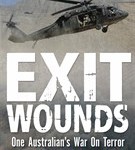
There’s always been much written about the ‘mateship’ generated as an Australian virtue by conflict in war. But surely the Anzac myth has exaggerated Australia’s ownership of ‘mateship’? Yes, I think we must acknowledge that the intimacies and bonds forged in the stress and danger of war cannot be underestimated, where men (and women), subjected to continual danger, cared for and supported each other. Elderly former soldiers still weep when they recall ‘mates’ lost in battle. But surely this ‘mateship’ is a universal human quality for those thrown together in war rather than some innate Australian virtue. I’m sure soldiers from other nations too have experienced these intimate bonds and friendships.
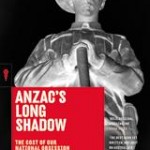
A recent book ‘Anzac’s Long Shadow: The Cost of Our National Obsession’ asks us to think differently about our fixation on Gallipoli and Anzac. Its author, James Brown, is a former Australian Army officer, who commanded a cavalry troop in Southern Iraq, served on the Australian taskforce headquarters in Baghdad, and was attached to Special Forces in Afghanistan, so he’s had frontline experience when he suggests that perhaps we are expending too much time, money and emotion on the Anzac legend. He queries whether today’s soldiers are suffering for it, focussing on our dead soldiers at the cost of those who are still alive.
A recent ABC Four Corners programme revealed that hundreds if not thousands of former soldiers are struggling to recover from PTSD, which has damaged their marriages, their relationships with their children and their careers. There are also 3000 veterans believed to be living on the streets. About 10 per cent of Australia’s homeless population are believed to be veterans, according to Homelessness NSW and Homeground Services. There are also anecdotal reports of suicide tolls amongst returned veterans as being three times that of Australia’s combat losses in Afghanistan. Surely our massive Anzac commemorative budget could be more productively used for the living who are still affected by their war and only days ago, the Australian government sent a further 300 troops to Iraq. Are we too complacent about blithely trying to solve international wars with a default military position?
Such a stance feeds into a negative and wasteful mythology. There are other more positive mythologies to focus on and I for one will be avoiding as much as possible the jingoistic overdrive around Anzac day. We are in fact surrounded by hundreds of ‘everyday’ heroes, courageous, resilient people who live heroic lives with a mythology worth celebrating if we care to take notice.
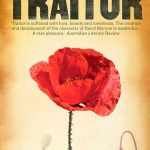
If you care to engage with an alternative mythology around war, friendship and sacrifice I urge you to read ‘Traitor’ by Stephen Daisley. It was the winner of the 2011 Prime Minister’s Fiction award and explores the ideas of patriotism and heroism, gives them fresh interpretations and turns them inside out. Five stars from me!


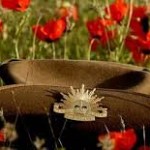
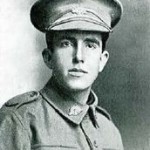

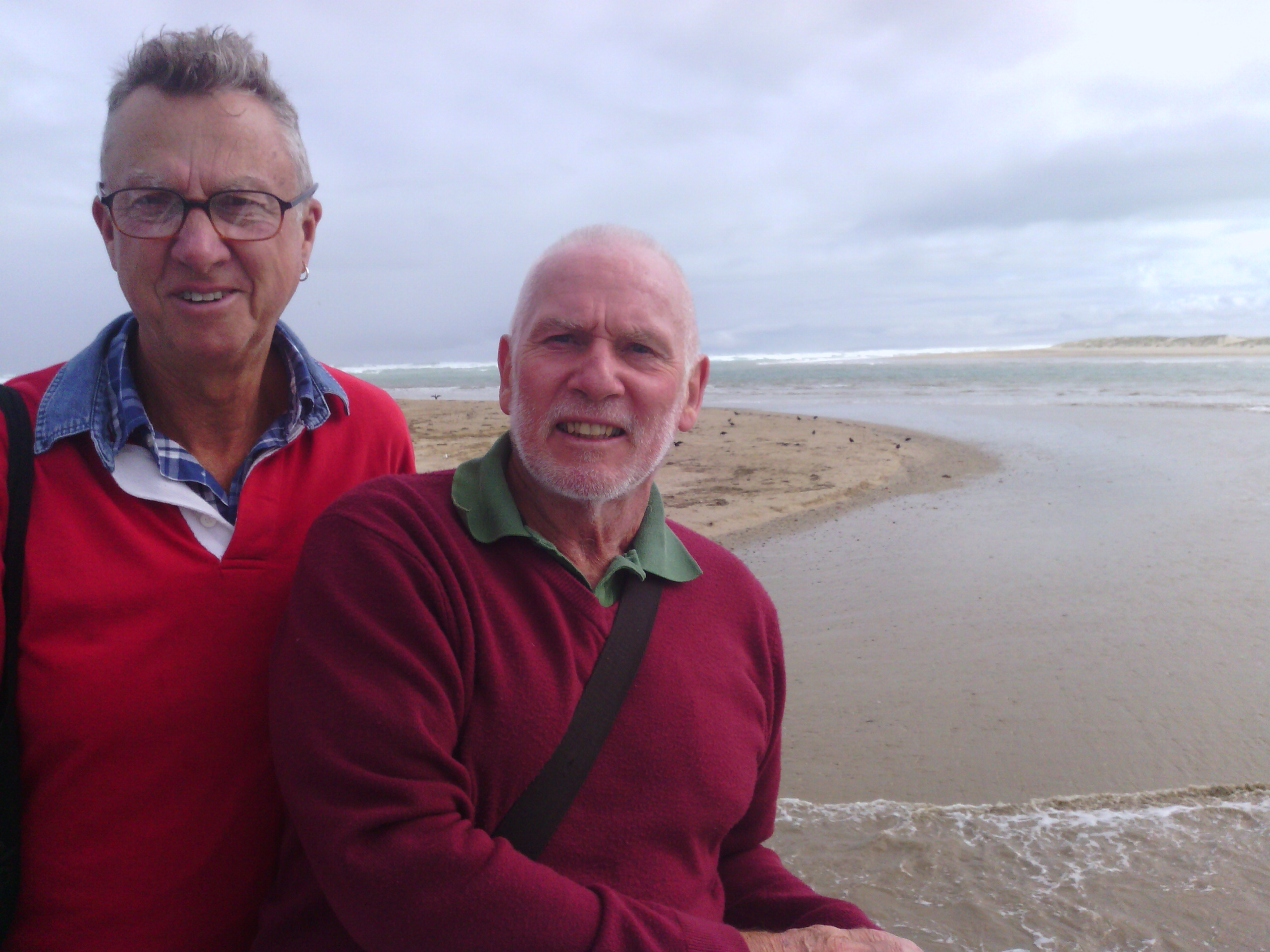
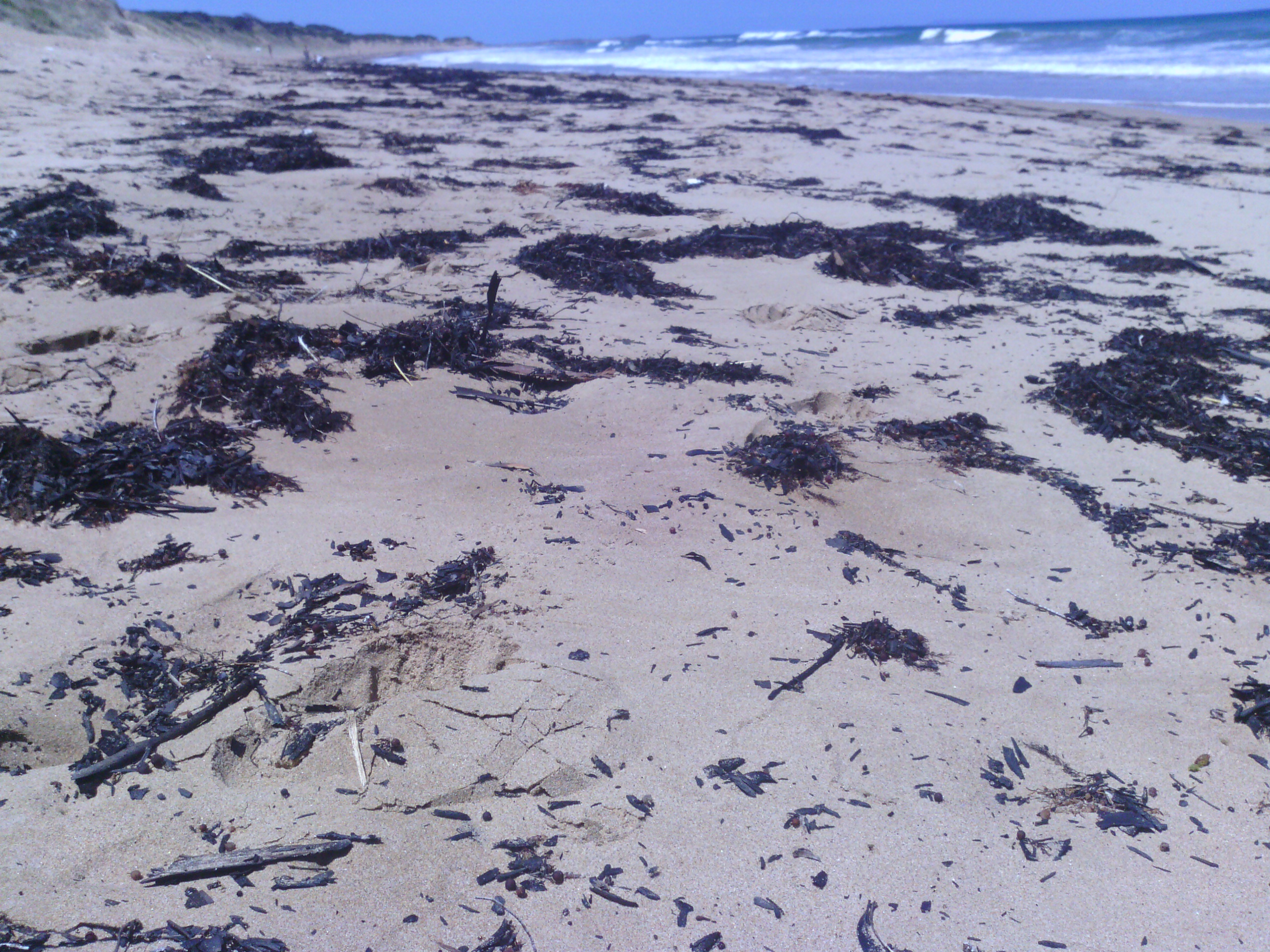
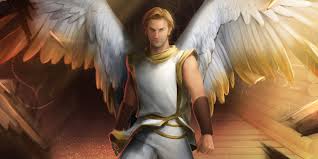
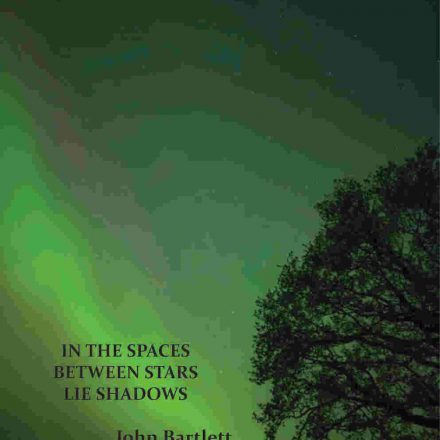
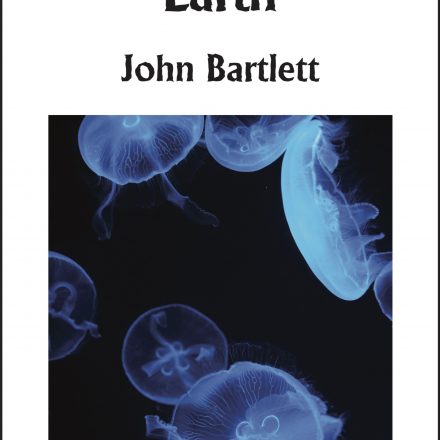
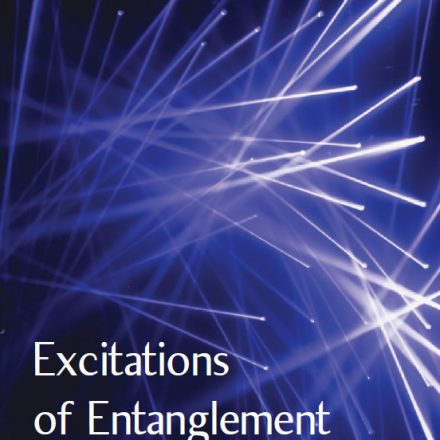
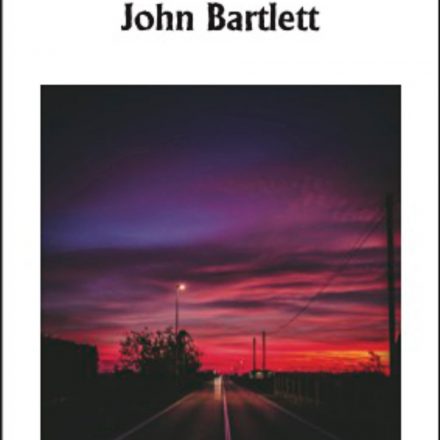
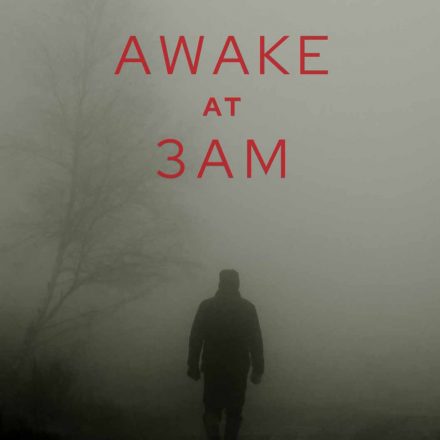
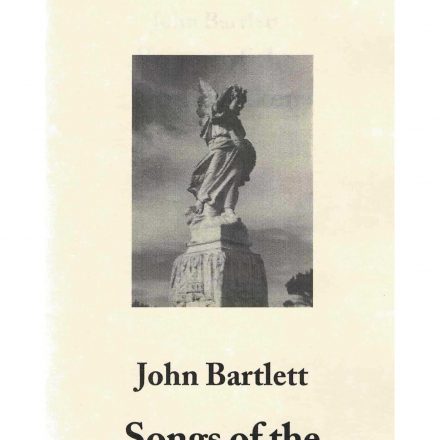
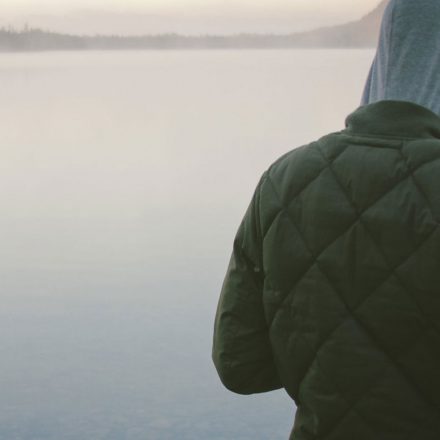
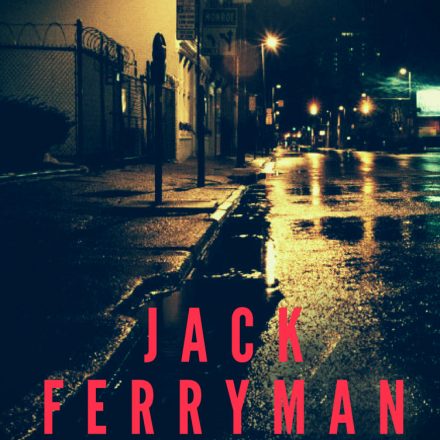
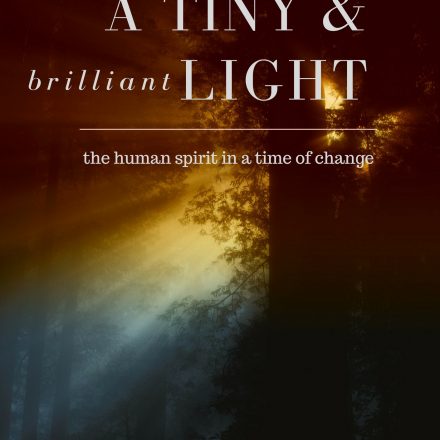


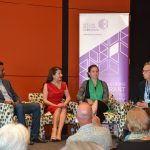
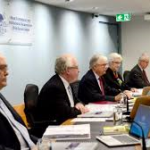

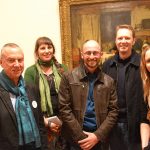
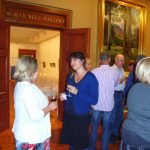
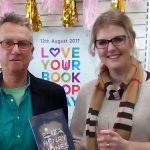

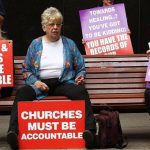
“I do believe nations need their mythologies to inspire and engage their citizens but with an accelerating fervor over recent years, the Anzac myth has become the dominant one in Australian consciousness.”
The ANZAC dominance of Australian mythology is definitely a problem, but not the annual remembrance of our war dead on ANZAC day. It is fitting that the Gallipoli campaign is part of Australian mythology, despite the fact that the ANZAC forces were defeated by the Turkish army, just as the defeat of the (dominantly Scottish) Jacobites by the (dominantly English) Hanoverians at Culloden is part of Scottish mythology.
Many see the dominance of the ANZACs in Australian mythology as John Howard’s coup de grâce in the culture wars and a political manoeuvre to sell his enthusiasm for George W. Bush’s and Tony Blair’s invasion of Iraq. However, more significant is the fact that we don’t have many other contenders for Australian myth. Sure, we have our myth of the bush, built on nineteenth century romanticising of the early exploration and settlement of Australia’s inland, particularly in New South Wales and Queensland. But it is difficult for many in this most urbanised of nations to relate personally to the bush, now for many Australians, just a place to visit on holiday from the ‘real world’.
John correctly challenges the idea of ‘Australian mateship’, common to both myths – ANZAC and the bush, specifically the exaggerated claim to ownership of this close bonding between men (mostly) who have together faced adversity and proven their individual worth and mutual bond. And he reminds us of our frontier wars, which have “yet to develop their specific mythology”. But widespread recognition of “those early indigenous warriors as part of [our] national patriotism” faces a steep uphill battle against our ingrained romantic notions of Australian settlement.
Beyond ANZAC and the bush, what else have we? Of course some of our sportspeople have achieved mythic profiles, particularly those from earlier generations like Donald Bradman, Roy Cazaly and Walter Lindrum, not to forget the great racehorses, Archer and Phar Lap. And with one of the great surf beaches within a stone’s throw of Heartsong, we must include the mythic atmosphere surrounding surfing, within which today’s Australia has its share of legends.
Any contender for the status of myth must be capable of winning popular acclaim. ‘A sporting nation’ and ‘the Australian digger’ readily capture and hold the public imagination, unlike great Australian art, writing, and science in this nation famous for its intolerance of ‘the tall poppy’.
Approaching the end of his post, John issues a challenge to us all: “We are in fact surrounded by hundreds of ‘everyday’ heroes, courageous, resilient people who live heroic lives with a mythology worth celebrating if we care to take notice.” Distilling this reality into the stuff of myth will take many more years of Australian writing, music, performing and visual arts.
I’m glad your wrote this John. I too feel uncomfortable about the overload re Gallipoli, Anzac and all that. $145 million into significant peace making would have been a better tribute to those who died. What about those today who are fleeing the horror of war, and we turn them away, no longer willing to share with them the fruits of the sacrifices of our soldiers of the past?
Bridge-building, restoration of justice, a spirit of mercy – why are politicians so incapable to doing what the people want?
Keep up the good work, John.
Maurice Shinnick
I am entirely in agreement with your sentiments, John. I think the strongest point you make is to deplore the all-out jingoistic focus on the centenary celebrations of Gallipoli at the expense of recognition, attention and resources for the living veterans amongst us here at home. Australia’s involvement in Vietnam, Iraq and Afghanistan are all ‘Gallipoli debacles’ in their own way, so let’s hope that when the anniversaries of those wars come around, millions of dollars won’t again be spent so unthinkingly.